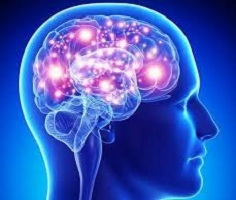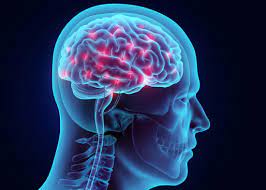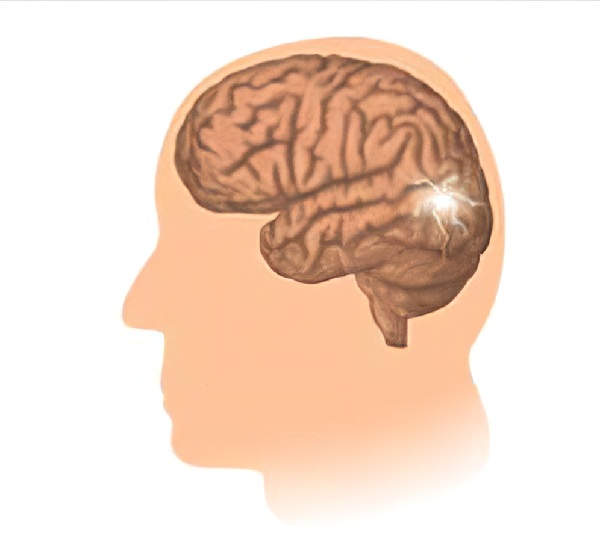
Gyratory seizures are a type of seizure that causes a person to rotate around their own axis. In this article we will explain the Gyratory Seizures, its symptoms, causes, Diagnosis and treatment in details.
Gyratory Seizures:
Gyratory seizures are a type of seizure that involves a person turning around and around in a circle. They are also known as “versive” or “rotary” seizures. Gyratory seizures are most common in children, but they can also occur in adults.
Gyratory seizures are caused by abnormal electrical activity in the brain. The exact cause of this abnormal activity is not always known, but it may be due to a head injury, stroke, brain tumor, or other medical condition.
Gyratory seizures can be frightening for both the person having the seizure and the people around them. However, they are usually not dangerous. The person having the seizure will usually stop turning on their own after a few seconds or minutes.
There is no cure for gyratory seizures, but they can be managed with medication. The type of medication that is prescribed will depend on the cause of the seizures and the person’s individual needs.
The exact cause of gyratory seizures is unknown, but they are thought to be caused by abnormal electrical activity in the brain.
Symptoms:
The symptoms of a gyratory seizure can vary from person to person, but they may include:
- Eye deviation
- Head turning
- A sudden loss of consciousness
- A feeling of dizziness or vertigo
- A sensation of being pulled or turned
- Rapid, involuntary eye movements
- A loss of balance
- Falling to the ground
- Rotating around the body’s axis
- Vomiting
- Incontinence
- Biting of the tongue or cheek
- Breathing problems
- Confusion
- Difficulty speaking
- A blank stare
Causes:
The exact cause of gyratory seizures is not always known, but they may be due to a number of factors, including:
- Head injury: A head injury can damage the brain and lead to seizures.
- Stroke: A stroke occurs when the blood supply to part of the brain is interrupted, which can also damage the brain and lead to seizures.
- Brain tumor: A brain tumor can put pressure on the brain and cause seizures.
- Epilepsy: Epilepsy is a neurological disorder that causes seizures.
- Dehydration: Dehydration can cause the brain to swell, which can lead to seizures.
- Medications: Some medications, such as antidepressants, can lower the seizure threshold and make seizures more likely.
- Alcohol: Alcohol can trigger seizures in people who are prone to them.
- Sleep deprivation: Not getting enough sleep can make seizures more likely.
- Stress: Stress can trigger seizures in people who are prone to them.
- Flashing lights: Flashing lights can trigger seizures in people who have photosensitive epilepsy.
- Menstruation: Seizures are more common in some women around the time of their period.
Diagnosis of Gyratory Seizures:
If you think you or someone you know has had a gyratory seizure, it is important to see a doctor right away. A doctor will be able to diagnose the seizure and recommend treatment options.
To diagnose a gyratory seizure, a doctor will typically ask you about your medical history and the symptoms of your seizure. They may also order a physical exam, a neurological exam, and an electroencephalogram (EEG).
An EEG is a test that measures the electrical activity of the brain. This test can help a doctor to see if there is any abnormal electrical activity in the brain that is associated with seizures.
Treatment of Gyratory Seizures:
There is no cure for gyratory seizures, but there are treatments that can help to control them. The type of treatment that is best for you will depend on the frequency and severity of your seizures.
Some of the treatments that may be used to treat gyratory seizures include:
- Anticonvulsants: Anticonvulsants are medications that are used to prevent seizures. There are many different types of anticonvulsants, and the type that is prescribed will depend on the cause of the seizures and the person’s individual needs.
- Surgery: In some cases, surgery may be an option for people who have seizures that do not respond to medication. Surgery can be used to remove the part of the brain that is causing the seizures.
- Vagus nerve stimulation: Vagus nerve stimulation is a procedure that involves implanting a small device in the chest. This device sends electrical signals to the vagus nerve, which helps to control seizures.
- Diet: There is some evidence that a ketogenic diet may be helpful for people with seizures. A ketogenic diet is a high-fat, low-carbohydrate diet that has been shown to be effective in controlling seizures in some people.
Prognosis:
The prognosis for gyratory seizures depends on the underlying cause. If the seizures are caused by epilepsy, the person may have a good prognosis with treatment. If the seizures are caused by another condition, such as a brain injury, the prognosis may be less favorable.
Prevention of Gyratory Seizures:
There is no way to prevent gyratory seizures completely, but there are some things that can be done to reduce the risk, such as:
- Getting enough sleep
- Taking medications as prescribed
- Avoiding alcohol and drugs
- Eating a healthy diet
- Exercising regularly
- Managing stress
Final Words:
If you have gyratory seizures, it is important to work with your doctor to develop a treatment plan that will help you manage your condition and live a normal life.




